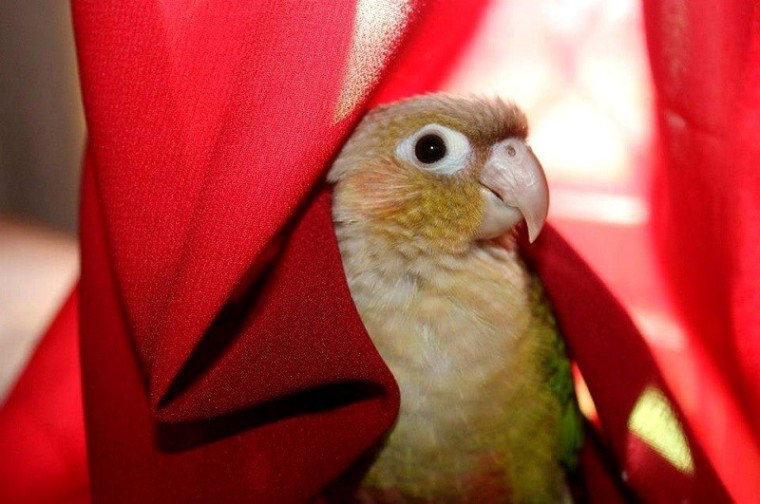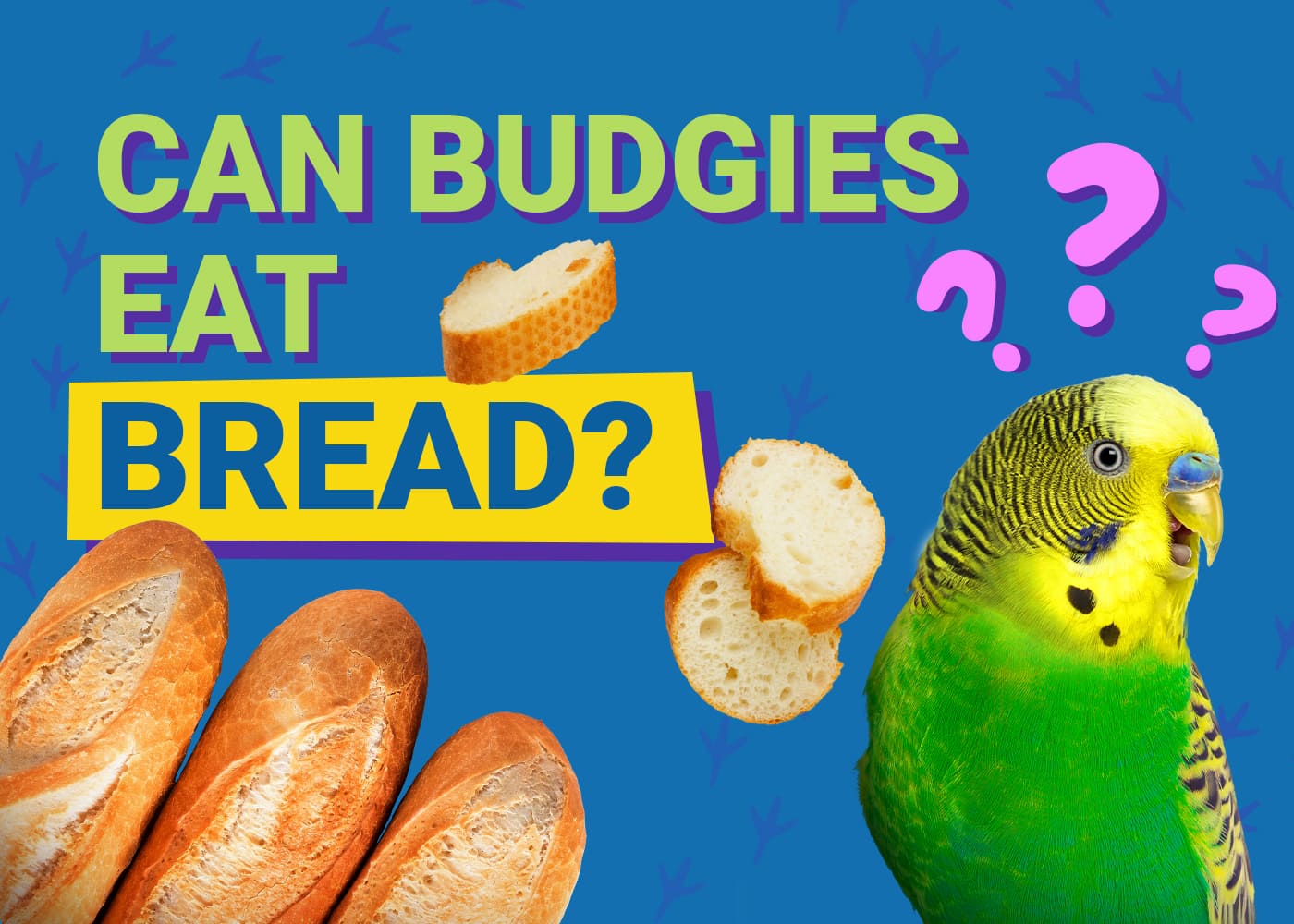
No one likes when their pet gets sick, and one of the common signs of illness is diarrhea. Some inexperienced owners might not even realize that their conure can get diarrhea and might need help dealing with it when it occurs. If this is your first conure and you think it might have diarrhea, keep reading while we outline some steps you can take to determine if it is diarrhea and what you can do to stop it. By following this guide, you’ll be able to nurse your bird back to health quickly.

The 6 Tips to Alleviate Diarrhea in Conures
1. Determine if It Is Diarrhea
It may seem silly, but the first step is to determine if the conure actually has diarrhea. Most conures will poop once or twice an hour, but some will poop every 15 minutes or so. All of this pooping can give a lot of people the idea that their bird has diarrhea. However, the conure has a short digestive system, and food passes through it quickly, so it can be natural for your bird to poop several times an hour.
Conures will get diarrhea, though, and the causes include parasites, bacteria, nutritional deficiency, and toxic food. There are three components to your conure’s poop, a white part, which is the urates from the kidney, a liquid portion, and a colored portion which is the feces. The feces is usually green but can change dramatically depending on the food your pet eats, and your bird will expel all three portions out of the same. Usually, the feces is soft but well-formed, but when it’s a formless mass, your bird likely has diarrhea.

2. Disinfect the Cage
If your pet has diarrhea, it’s important to remove everything from the cage and disinfect it. Vacuuming the bottom to remove all food, dropping, and other debris, and wiping the cage with a bird-safe cleaner is recommended.
You can also run the perches and other accessories through the dishwasher, wash them by hand, or replace them to prevent recontamination. If you have a spare cage (or a perching stand/tree) for your bird, you should place them there for closer inspection while you thoroughly clean their cage with a mild detergent (check with an avian vet about the safest options) and leave it to completely dry before re-introducing your bird to their cage.
3. Avoid Fresh Fruits and Vegetables
The high fiber and moisture content found in most fruits and vegetables is a recipe for diarrhea for many birds, so it’s best to avoid them for 24 hours if your pet is already having problems.
4. Provide Plenty of Fresh Water
Providing fresh water for your pet can add to the fluid in the digestive tract and it’s important to encourage your pet to drink so it can stay hydrated. Dehydration is always a concern with diarrhea, especially if it lasts more than 24 hours.
5. Feed Regular Pellets/Seeds
Though your parrot shouldn’t be fed vegetables and fruits while they’re experiencing diarrhea, you should still provide them with their pellet or seed mix. Pay close attention to their feeding habits. If your parrot is refusing to eat, you should get them to a veterinarian promptly.

6. Seek Veterinary Care
If your conure does not recover in 24 hours, it’s time to take them to the veterinarian. It may help if you have a sample of their poop in a clear, sealed plastic bag, but this isn’t necessary and not something you should particularly worry about. Getting your pet veterinary care is more important than collecting a sample of their diarrhea.

Can I Potty Train My Conure?
Yes, you can potty train most conures if you are attentive and patient. Potty training your bird can help you quickly spot if something is off with their feces.
Watch for a Signal
The first step in potty training your conure is to watch its behavior for a few days. Most birds will send a signal before they poop. It could be slightly puffing up and raising their tail, crouching slightly, and then passing their feces.
Designate a Toilet
Once you know when your bird will poop, you will need to move them to a designated toilet when they give you the signal. You can use a garbage can, cardboard box, or even an old newspaper. Consistency is critical for the toilet, and its placement so your bird can get used to it and learn where to go. Carry them to the toilet and give them a cue (this can be something verbal, like saying “let’s go poop”).
Positive Reinforcement
When your bird uses the toilet, give them plenty of praise and even offer them a treat. Positive reinforcement will help teach the bird they’re behaving correctly, and the behavior is more likely to continue.
Repeat
Repeat these steps until your conure starts to use the designated toilet you have set up. In most cases, it will only take a few days, but it can take several weeks, depending on the bird. Consistency and patience will reward you with success.

Final Thoughts
If you think your conure has diarrhea and the feces part of its poop is a shapeless mass, we recommend monitoring your bird for a period of 24 hours following our tips if they seem otherwise fine. Seek veterinary care if the diarrhea doesn’t resolve in a day or if they seem too unwell.
We hope you have enjoyed reading over this guide and found it helpful in answering your questions. If we have helped you get your bird back to normal, please share these steps to what you can do if your conure has diarrhea with other bird enthusiasts.
You May Also Like:
Featured Image Credit: ortica670, Pixabay







